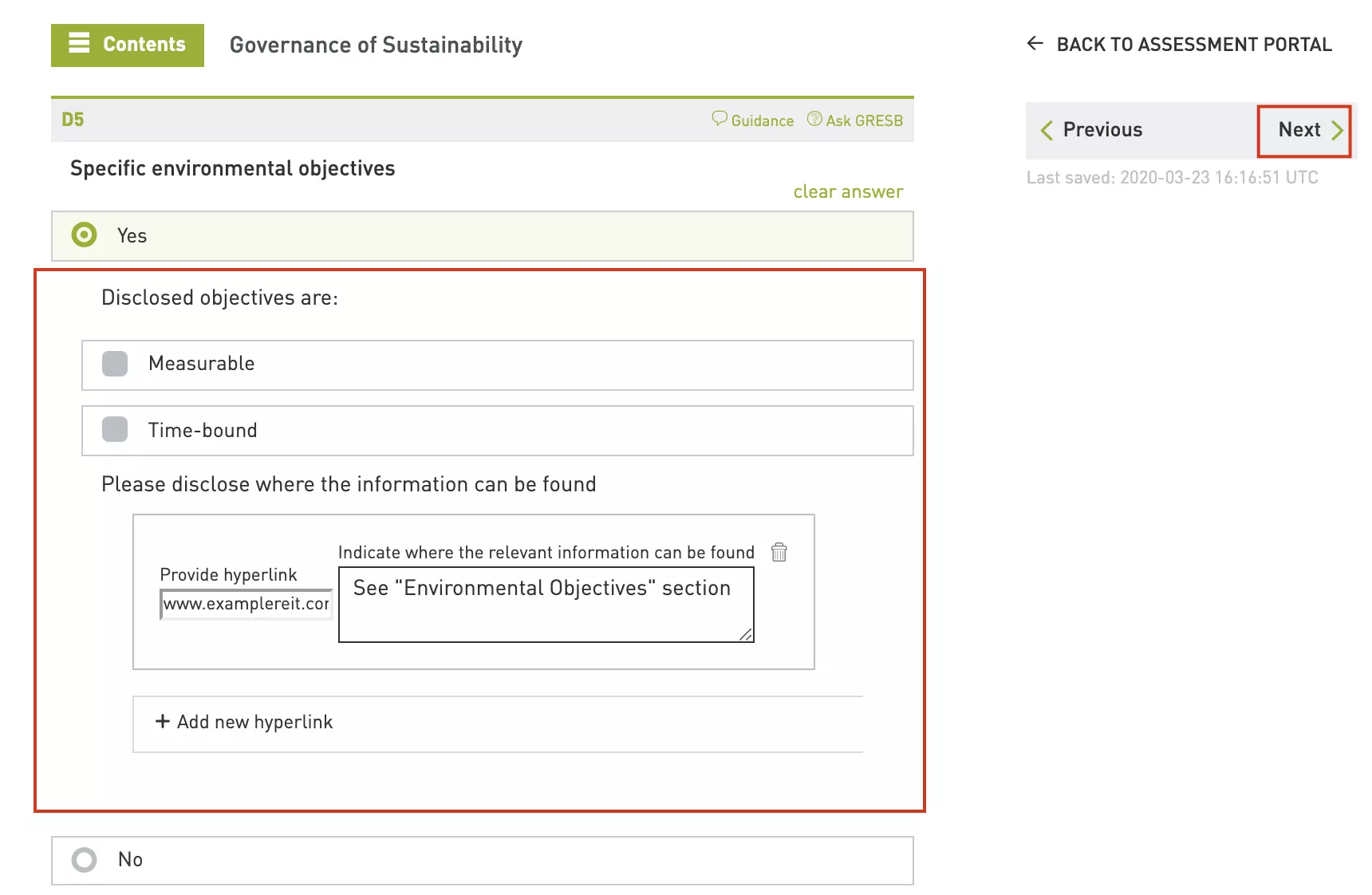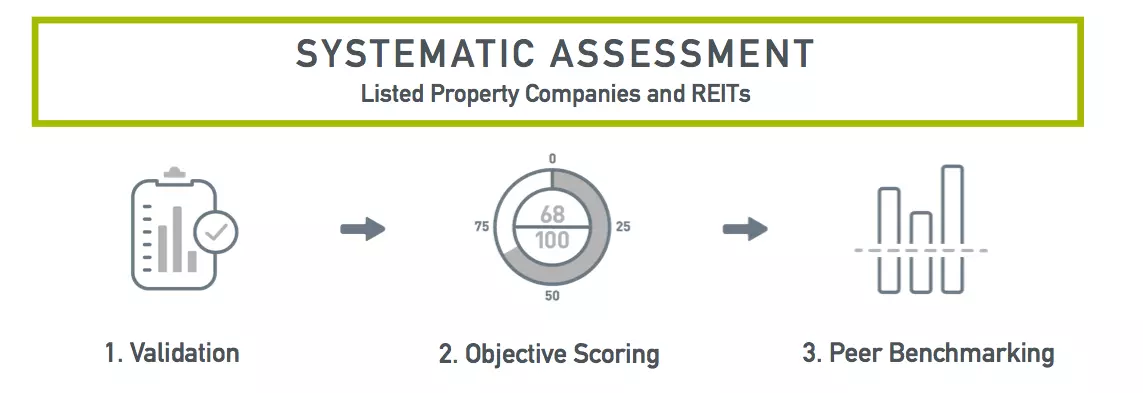Introduction: Your Guide to Sustainable Real Estate Investments
Hey there! Ever wondered how to tell if a real estate investment is truly sustainable? That's where GRESB comes in - think of it as a global report card for environmental, social, and governance (ESG) practices in real estate.
The 2021 GRESB Public Disclosure is particularly interesting. It helps us understand how transparent real estate companies are about their ESG efforts. This article breaks down what you need to know about this benchmark, why it matters, and how it impacts your investment decisions. We'll cover how GRESB assesses public disclosures, what's new in 2021, and the timeline for data collection and analysis.
Ready to become a more informed investor? Let's dive in!
Understanding GRESB Public Disclosure
In a nutshell, GRESB Public Disclosure assesses how effectively Real Estate Investment Trusts (REITs) and listed property companies communicate their ESG strategies, policies, and performance to the public.
Why is Public Disclosure so Important?
You wouldn't buy a car without looking under the hood, right? The same goes for investments. Public disclosure offers a peek "under the hood" of a company's sustainability practices.
Here's why it matters:
- Increased Scrutiny: Regulators are increasingly requiring companies to be transparent about their ESG performance and risks.
- Informed Investments: Transparency empowers investors like you to make smarter, more sustainable investment decisions.
- Stakeholder Engagement: Open communication builds trust and fosters better relationships with investors and the public.
How Does GRESB Evaluate Public Disclosure?
GRESB uses a set of indicators aligned with its Real Estate Assessment to evaluate public disclosure. This allows for a direct comparison of ESG transparency between companies that participate in the full GRESB Assessment and those that don't. Think of it as a standardized way to measure apples to apples!
The evaluation focuses on four key aspects:
- Governance of ESG: How well a company integrates ESG considerations into its overall management structure.
- Implementation: The concrete steps taken to put ESG policies into practice.
- Operational Performance: Actual environmental and social impacts related to a company's operations.
- Stakeholder Engagement: How a company involves its stakeholders (including investors) in its ESG journey.
Based on these aspects, companies receive a Public Disclosure Level ranging from A (the highest) to E.
Key Changes in GRESB 2021 Public Disclosure
The 2021 GRESB Public Disclosure maintains the same 23 indicators used in the 2020 assessment, making it easier to track progress year-over-year. This stability also minimizes the reporting workload for companies, allowing them to focus on improving their ESG performance.
A Deeper Dive into the GRESB Real Estate Assessment
The GRESB Public Disclosure indicators are actually a subset of the broader GRESB Real Estate Assessment. Let's break down how this assessment works:
- Global Standard: It's the leading international benchmark for ESG performance in the real estate sector.
- Comprehensive Scope: The assessment covers listed property companies, private property funds, developers, and direct real estate investors.
- Three ESG Components: Performance is measured across Management, Performance, and Development, aligning with global reporting frameworks like GRI and PRI.
Benefits for Investors
- Actionable Insights: You get the data you need to track and manage ESG risks and opportunities within your investments.
- Comparative Analysis: See how companies stack up against their peers, identifying leaders and laggards.
- Engagement Platform: GRESB provides a framework for meaningful dialogue between investors and real estate companies.
GRESB Public Disclosure: Data Collection and Timeline
Data Collection (February 1 - April 1, 2021)
GRESB took the following steps:
- Reviewed and updated: Information from the 2020 Public Disclosure.
- Gathered new data: For additional companies, focusing on publicly available information from sources like annual reports, sustainability reports, corporate websites, and official filings.
Constituent Review (April 1 - July 1, 2021)
- Access and Verification: Companies were given the opportunity to review their pre-filled data in the GRESB Portal and make corrections or provide updates.
Data Validation (July 1 - August 1, 2021)
- Rigorous Checks: GRESB and its third-party validation provider, SRI, thoroughly checked the data for accuracy and completeness.
Results Released (September 1, 2021)
- Public Disclosure Levels: Finalized and shared with participating companies and GRESB Investor Members.
Important Considerations: Scope and Boundaries
- Publicly Available Information Only: GRESB Public Disclosure relies solely on information that is readily accessible to the public.
- Focus on the Investable Entity: Data must directly relate to the publicly listed company, even if day-to-day management is outsourced.
- Reporting Period: Information should reflect the company's most recent ESG disclosures, with operational data (e.g., energy use) covering at least the 2019 calendar or fiscal year.
Ready to Explore Further?
GRESB Public Disclosure provides valuable insights into the ESG transparency of real estate companies. By understanding this benchmark, you're better equipped to align your investments with your values and contribute to a more sustainable future. Keep an eye out for future GRESB reports to stay informed about the evolving ESG landscape in real estate.













